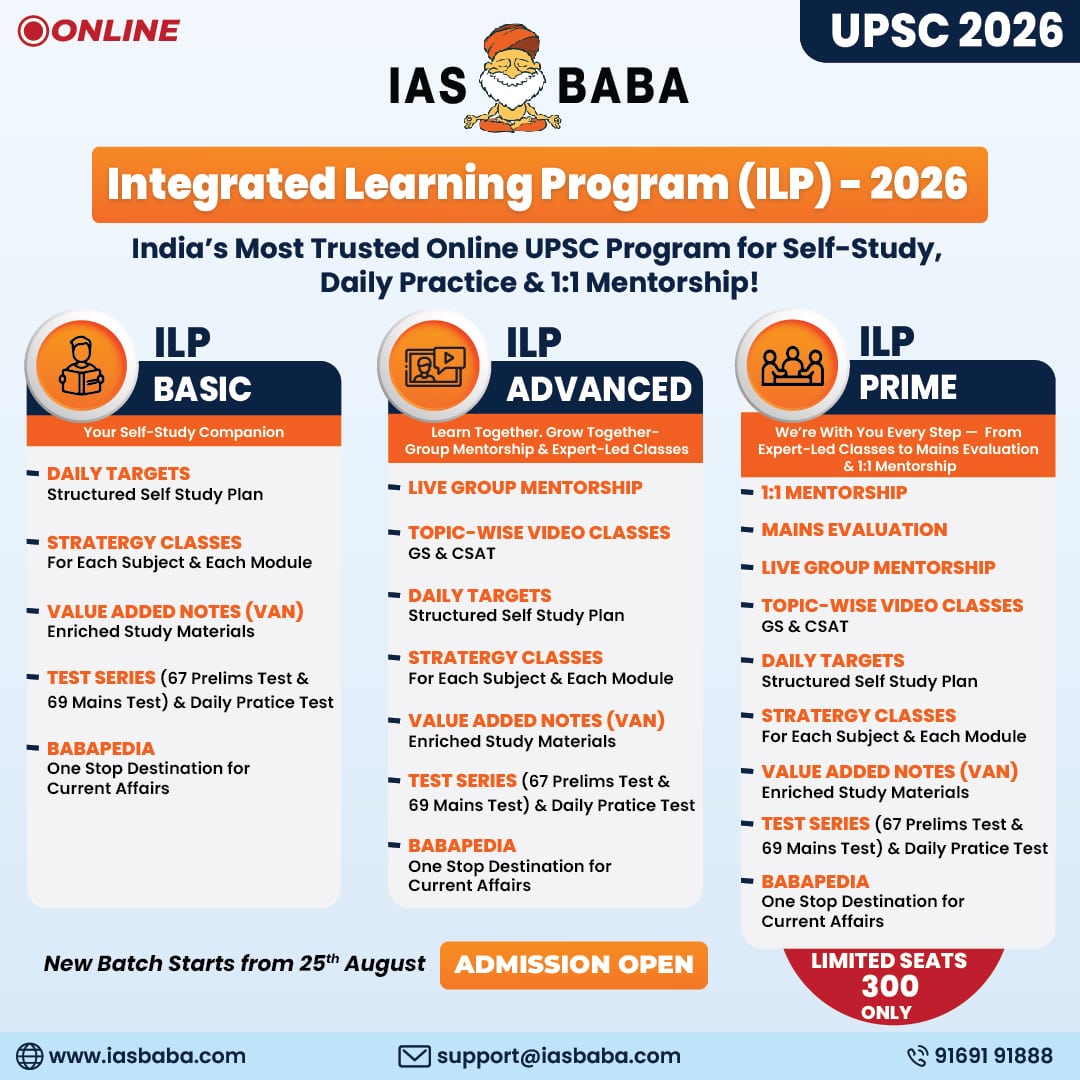Think and Learn-2015, TLP Mains 2015, UPSC, UPSC Mains- Think and Learn-2015
TLP: GS Mains Synopsis [Day 67]
Q.1) “A natural calamity becomes a disaster only due to anthropogenic intrusion”. elucidate giving examples.
The Top Answer for this Question is written by – Another Brick In The Wall
Ans) Natural calamities are a part of larger cycle through which the environment regulates itself. The anthropogenic intrusion has not only disrupted this cycle but in the process has brought about huge disasters involving great loss of life and property.
Earthquakes are the best examples how anthropogenic influence can aggravate an otherwise natural calamity into disaster. Perhaps there’s an apt Japanese saying “Earthquakes don’t kill, building do” The damage done in Nepal in recent earthquake was more than what it would have been due to a similar intensity one in Ring of Fire region because of sheer humanistic involvement and associated practices.
The increase in seismicity of a region due to building up of large dams is another area where human intervention seems to synthesize a disaster. Eg. Koyna dam.
The destruction caused in calamities such as flood is more because of increased settlement on banks of river due to increased population pressure
Also it is clearly established that temperature rise is inevitable on earth, but it’s an equally accepted fact that the temperature rise seen in post industrial revolution era is as much as seen in last 10000 years. This speaks volumes about anthropogenic affect on environment
To put it differently human existence on earth has manipulated the surroundings to its needs and in the process increased the vulnerability to disasters. Thus for a sustainable environment comprehensive approach involving all stakeholders is required.
Q.2) Every year a number of slums across metro cities are gutted in fire due to negligence. What measures should be taken to prevent fire hazard ?
The Top Answer for this Question is written by – Fugy
Ans) A number of slums across metro cities are gutted in fire due to negligence issues like-
-Unplanned settlement, dwellings made up of inflammable substances in highly congested manner, dependence on open fire for heat and cooking, loose wiring, lack of awareness etc on the part of people and lack of interest to monitor & manage these areas and delayed response in crisis situation on the part of the authorities.
To prevent such incidents, following measures should be taken like-
-Due to uncertain nature of slums, investment is not done on safety features by both people & authorities in slum area. so authorities should be sensitized to look into these matters and awareness should be created among people too for the same.
-Encourage the use of non-flammable material for dwellings.For ex. use of salt & mud coating over mats.
-Aware people about fire avoiding practices & fire fighting methods to reduce the impact.
-Capacity building, personnel & people training, quick response on the part of authorities.
-A slum regulatory agency can be opted for slum area management.
“Housing for all” scheme is good initiative for this and until it is completed, above mentioned alternate methods be used to at least mitigate the hazards as the poor are not as afraid of earthquake or floods as they are of fire!
Q.3) What is the difference between land slide and mud slide? What are the causes of frequent landslides in Shiwaliks? What measures can be taken to prevent that.
The Top Answer for this Question is written by – SBT57
Ans)
Image 1 – https://a.disquscdn.com/uploads/mediaembed/images/2760/9320/original.jpg
Image 2 – https://a.disquscdn.com/uploads/mediaembed/images/2760/9321/original.jpg
High Order Thinking
Q.4) The smart cities project is faced with multiple challenges and ambiguities in terms of it’s financial model, governance and scale. Critically examine.
The Top Answer for this Question is written by – Annapurna Garg
Ans)
Image 1 – https://a.disquscdn.com/uploads/mediaembed/images/2760/2812/original.jpg
Image 2 – https://a.disquscdn.com/uploads/mediaembed/images/2760/2811/original.jpg
Q.5) The recent step in the United Nations General Assembly to start text based negotiations for UNSC reforms is an incremental yet landmark moment. Do you agree? Critically comment. What are the major roadblocks in India’s efforts to gain permanent membership of the UNSC? Explain.
The Top Answer for this Question is written by – Anish
Ans) The Decision 69/560 of UNGA, the basis to discuss UN reforms process and the text, prepared after several years, is considered a breakthrough by many countries including India. The fact such a a resolution was adopted after many despite many opposition makes it a breakthrough. This is the first step towards UNSC reforms.
But this resolution cannot move ahead without UNSC approval (Permanent 4) so there is lot more work to be done before any reforms can happen. Text also lacks clarity on reform plan.
There are many factors that affect Indias accession to UNSC as permanent member
1) Lack of Consensus among P4- The existing powers are reluctant to bring any reforms at all.
2) Lack of support for all G4 members: Only France and UK have agreed to G4 entry ((UK without veto). Though US and Russia have supported Indias membership no concrete step is done to reflect this on the ground. Argentina is opposed to Brazil and China is opposed to Japan among G4.
3) United for Consensus: They are also known as Coffee club consisting of countries such a Pakistan and Argentina. They oppose new permanent members, wants to increase non permanent mebers only. China has attended their meeting.
4) Lack of clear plans: There are multiple plans on how UNSC reform should happen. There is no consensus on this regard. This is a huge roadblock.
Given such circumstances it would require for more diplomatic efforts by India and others aspirants to push reforms through. Text based negotiations though a great step is only a small one.
Q.6) Tremors of China devaluating it’s currency were felt world over. Even India couldn’t remain immune as Indian Rupee plunged even deeper in the currency market. Economists fear a currency war in the near future with several countries adopting similar steps to enhance their export competitiveness. Where do you view India standing in this equation? Are our economic fundamentals strong enough to thwart any crisis in the future? Analyse.
The Top Answer for this Question is written by – Vardan Maheshwari
Ans) -Recent devaluation of Yuan by People’s Bank of China sent shock waves in the global market.It will definitely force the export-driven countries to devalue their currencies in-order to maintain market competitiveness.
-Negative Impact on India due to Yuan’s devaluation:
a)Decline in Rupee-As fall in Yuan implied that more depreciation could be in the offing. This increased the demand of dollar, including in India which in turn decreased the value of Rupee.
b)Inflationary Pressure-Yuan devaluation will force India to depreciate its currency in order to maintain its market competitiveness which will in turn
c)Impact on FDI-As China gains advantage in exports, it becomes an attractive destination for FDI which can have a drastic impact on India’s FDI.
-However,the Indian Economy’s base is strong enough to deal with the yuan’s devaluation. Infact, we can take certain positives from this step:
a)Growth Differentials-India is embarking on a growth phase that can last another decade. Thus both the countries are in different segments of growth. Thus from economic point of view, India is well positioned to handle volatile market conditions.
b)Market Driven Yuan-As China’s currency becomes more and more international,China will have to open its economy which is good for emerging countries like India and China will be less able to manipulate its economy for export competitiveness.














